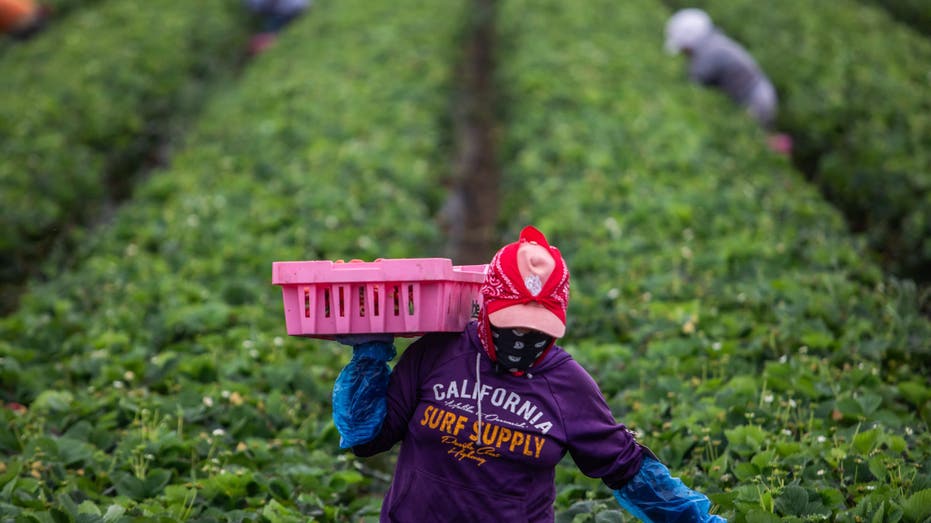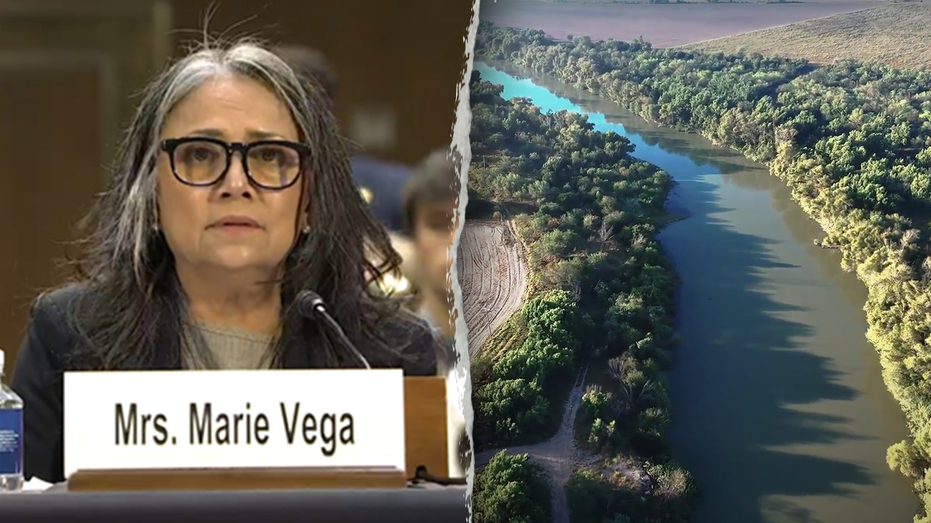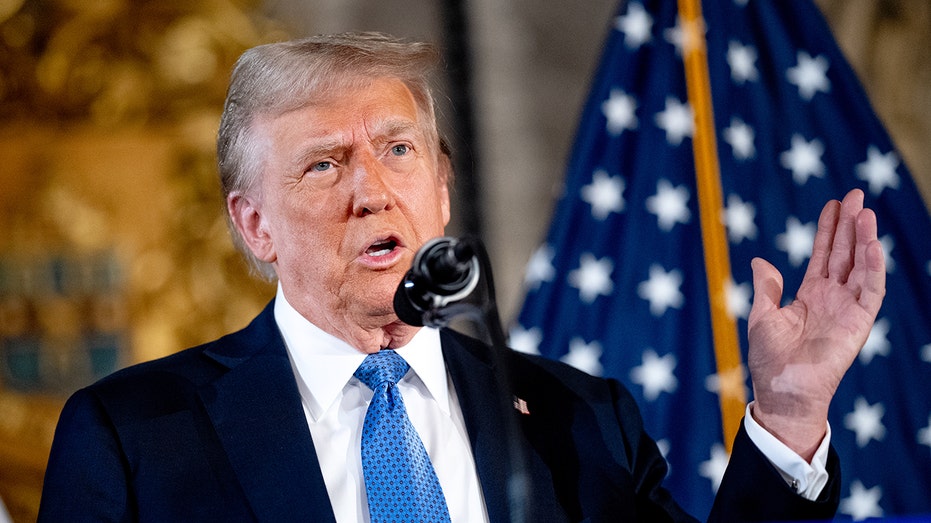Dignity Act 2025: Bipartisan Bill Offers Legal Status to Illegal Immigrants

Sarah Johnson
July 16, 2025
Brief
Bipartisan Dignity Act of 2025 offers legal status to certain illegal immigrants, boosts border security, and balances humanity with accountability in U.S. immigration reform.
In a bold move to tackle the ongoing immigration crisis, Representatives Maria Elvira Salazar (R-Fla.) and Veronica Escobar (D-Texas) have introduced the Dignity Act of 2025, a bipartisan bill aimed at reforming the U.S. immigration system. This legislation offers a pragmatic yet controversial path for certain illegal immigrants who’ve been in the country since before 2021. Under the proposed law, they could apply for up to seven years of legal status with work authorization, provided they pay restitution and regularly check in with the Department of Homeland Security. Renewal of this status hinges on good conduct—no free rides here.
Let’s be clear: this isn’t a golden ticket. The bill explicitly denies federal benefits or a direct path to citizenship, focusing instead on accountability and economic stability. Salazar herself emphasized this, stating, "No amnesty. No handouts. No citizenship. Just accountability and a path to stability for our economy and our future." Meanwhile, Escobar highlighted the human element, noting that many immigrants are integral to American communities and the workforce, deserving of a system that balances humanity with security.
The Dignity Act doesn’t stop at individual reform. It’s a multi-pronged approach, fully funded by immigrant restitution payments and fees—no taxpayer burden here. The bill also targets border security by ending catch-and-release policies, bolstering Southern Border protections, and mandating the use of E-Verify for employers to confirm workers’ legal status. On top of that, it aims to support American workers through expanded training and education programs.
This legislation comes at a critical juncture, as the current administration’s immigration crackdown, including mass deportation policies, has hit industries like farming and food service hard. Recent raids, such as those on cannabis facilities in Southern California, have led to hundreds of arrests and even violent clashes, with tragic outcomes including one death and several critical injuries. Protests against these policies have erupted in cities like Los Angeles, reflecting deep public unrest.
Interestingly, even President Trump has hinted at flexibility for some migrant workers, recently suggesting a temporary pass system that would allow farmers to maintain control over their workforce without fear of abrupt deportations. Whether this aligns with the Dignity Act’s framework remains to be seen, but the bill already boasts support from a bipartisan group of 20 House members, signaling potential for broader backing.
At its core, the Dignity Act of 2025 is a compromise—a rare beast in today’s polarized landscape. It seeks to secure borders while offering a lifeline to long-term contributors to the economy. Whether it can navigate the stormy waters of Congress, only time will tell. But for now, it’s a conversation starter, and a loud one at that.
Topics
Editor's Comments
Well, folks, the Dignity Act of 2025 is trying to thread a needle—secure the border while handing out a hall pass to some long-term immigrants. It’s like telling a bouncer to lock the club door but let a few regulars sneak in the back. And Trump’s idea of letting farmers play immigration cop? That’s a plot twist even Hollywood couldn’t dream up. Let’s hope this bill doesn’t get lost in the congressional swamp, or we’ll be right back to square one, with more raids and fewer solutions.
Like this article? Share it with your friends!
If you find this article interesting, feel free to share it with your friends!
Thank you for your support! Sharing is the greatest encouragement for us.





